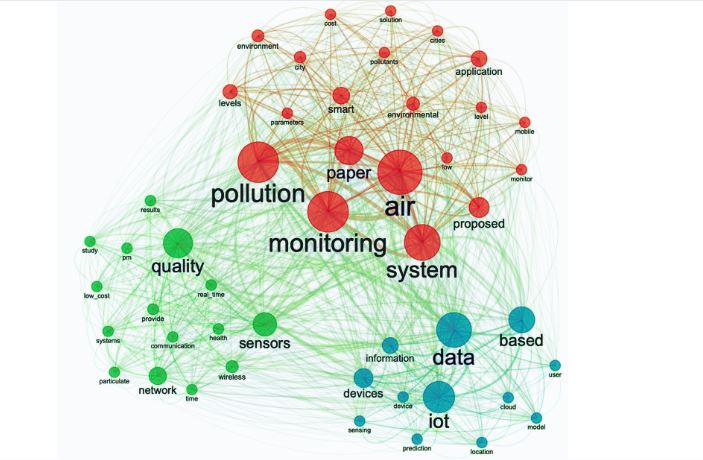Smart Solutions for a Healthy Planet: The Integration of Environmental and Healthcare Technologies
Keywords:
Environmental, Healthcare, Technologies, Telemedicine, Sustainability, Precision AgricultureAbstract
This study explores the integration of environmental and healthcare technologies as a means to promote a healthy planet and improve healthcare outcomes. The findings demonstrate that combining efforts in these two fields can effectively address environmental challenges while simultaneously enhancing public health.The integration of telemedicine and remote patient monitoring emerged as a promising solution. By leveraging these technologies, healthcare providers can offer medical services remotely, reducing the need for patients to travel and subsequently lowering carbon emissions associated with transportation.Remote patient monitoring devices, such as wearables, enable real-time data tracking of vital signs, facilitating early detection of health issues and reducing the necessity for in-person visits.Sustainable healthcare infrastructure is identified as a vital element in this integration. Designing and constructing healthcare facilities with a focus on sustainability, including implementing green building practices, utilizing renewable energy sources, optimizing water and energy consumption, and incorporating efficient waste management systems, can have a positive impact on the environment and public health outcomes.The study also highlights precision agriculture and its significance in addressing nutritional health challenges. By leveraging technology to optimize crop production, reduce resource wastage, and minimize the use of harmful chemicals, sustainable farming practices can be promoted, ensuring access to nutritious food and improving public health outcomes.Integrating environmental monitoring technologies into healthcare systems enables real-time tracking of air and water quality parameters. This data serves as a basis for identifying potential health risks and enables timely interventions, such as issuing health advisories or adjusting treatment plans for individuals affected by respiratory or waterborne illnesses.The integration of environmental health education and awareness campaigns enhances understanding of the connections between environmental factors and individual health. By educating healthcare professionals and the general public, informed decision-making and environmentally conscious behaviors can be promoted.The study emphasizes the significance of data analytics and predictive modeling techniques. Through the analysis of large datasets, healthcare providers and environmental scientists can gain valuable insights into the complex relationships between environmental factors and health outcomes. This knowledge contributes to the development of effective preventive measures and interventions.The widespread adoption of electric vehicles (EVs) is identified as a significant factor in promoting a healthy planet. EVs produce zero tailpipe emissions, reducing air pollution and improving air quality, thereby decreasing the incidence of respiratory illnesses and cardiovascular diseases associated with poor air quality. Integration of EVs with renewable energy sources further mitigates climate change impacts and associated health risks.
